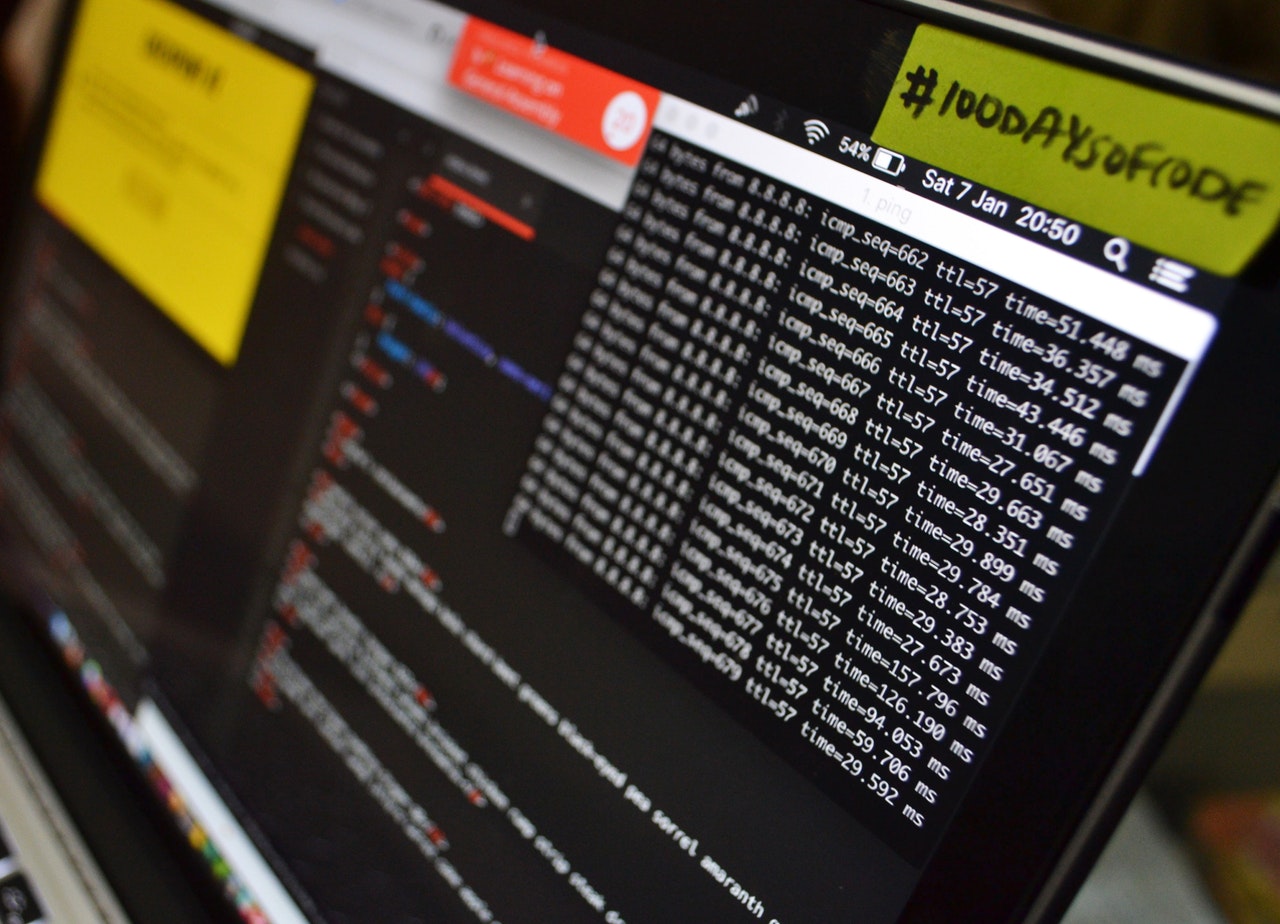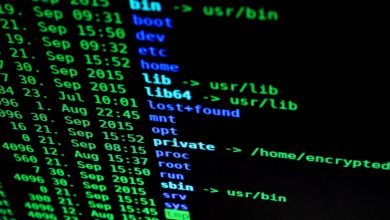7 Common Security Mistakes That Could Jeopardize Your Online Privacy

Are you inadvertently jeopardizing your online privacy? In today’s digital age, safeguarding our personal information is of utmost importance. From social media accounts to online banking, we interact with various platforms that may leave us vulnerable to cyber threats. Understanding common security mistakes and implementing practical tips to protect your sensitive data is crucial. In this blog post, we will delve into seven all-too-common mistakes and equip you with the knowledge to take control of your digital life, keeping prying eyes at bay.
Strengthen Your Defense with Robust Passwords
The use of weak passwords is a prevalent blunder that puts your online privacy at risk. Many individuals opt for easily guessable passwords, like simple phrases or accessible personal information such as birth dates or Social Security numbers. This practice becomes problematic when these passwords get stolen or accessed through security breaches, leaving you vulnerable to attacks.
Aim for a minimum of eight characters, comprising a mix of letters, numbers, and symbols. Avoid using the same password across multiple accounts, and store them securely, preferably through password managers.
Secure Public Wi-Fi Usage with a VPN
To safeguard your online privacy and data while accessing public Wi-Fi, it is essential to adopt the following precautions:
- Secure Browser Extensions: Install reputable browser extensions like HTTPS Everywhere or Privacy Badger. These extensions encrypt your internet traffic, making it challenging for potential data thieves to intercept sensitive information.
- Utilize a VPN: Whenever possible, use a Virtual Private Network (VPN) to encrypt all your internet traffic. A VPN adds an extra layer of security, making it significantly harder for hackers to intercept and steal your data. When seeking recommendations for the best VPN Reddit can be a valuable resource to consult.
- Incognito Mode: Use your browser’s Incognito mode (private browsing) to hide your browsing history and cookies. This reduces the likelihood of unauthorized tracking and helps protect your online activities from prying eyes.
Acknowledge the Importance of Software Updates
Ignoring software updates can be detrimental to your computer’s security. While regular updates protect against new malware threats, it is crucial to exercise caution. Not all updates are beneficial; some may fix security vulnerabilities designed to exploit those weaknesses.
Before automatically installing updates, verify their legitimacy and check for any known issues. Avoid updates that may cause compatibility problems with existing software, and wait for a more suitable version release when necessary.
Steer Clear of Suspicious Links and Email Attachments
Clicking on suspicious links or opening email attachments without caution poses a significant risk to your online privacy.
Safeguard your devices by installing reliable antivirus software. This will help detect and eliminate any malware that could potentially compromise your personal information or lead to data breaches.
Refrain from Sharing Sensitive Information on Unsecured Websites
Many individuals unknowingly share sensitive information on unsecured websites, making them susceptible to identity theft and other security threats.
Prevent this by avoiding these common mistakes:
- Always encrypt personal information to restrict access only to authorized individuals with the correct decryption key.
- Use strong passwords that are not easily guessable, avoiding common choices like “password” or “123456.”
- Close all important files and documents when leaving your computer unattended, minimizing the risk of data theft.
Beware of Phishing Scams
Falling victim to phishing scams can result in the unauthorized disclosure of personal information. To protect yourself from such threats, keep these points in mind:
Be suspicious of emails requesting personal information and avoid clicking on unfamiliar links.
Verify the legitimacy of websites by checking their domain names before entering personal data.
Refrain from providing your password online unless you are certain about the request’s authenticity.
Embrace Two-Factor Authentication
Not enabling two-factor authentication (2FA) exposes you to potential cyberattacks. Implement this added layer of security by considering the following:
- Trust the security of your mobile phone and recognize the value of 2FA in protecting your accounts.
- Adapt to the convenience of carrying multiple devices to ensure better security.
- Acknowledge the importance of 2FA in safeguarding your personal information from hackers.
Conclusion
By understanding these seven common security errors and taking proactive measures such as using strong passwords, updating software regularly, encrypting data, and being cautious with suspicious links, you can significantly enhance your online protection. Empower yourself with knowledge and stay vigilant, ensuring your digital life remains secure and private. Remember, ignorance is never bliss when it comes to online security. If you’re struggling to secure your computer or your company’s network, consider hiring a security professional who can carry out an audit and ensure you have the right measures in place.




